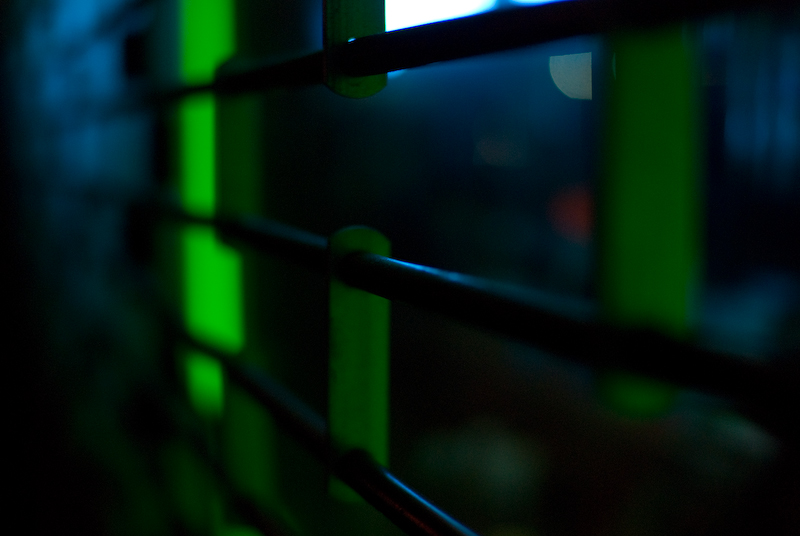|
|
LITR 5731 Seminar in
Sample Student
Submission
Spring Research
Post 1
|
|
Sarah McCall DeLaRosa
Research Post
1: American Slave Literature
I am seriously considering writing about American
slave literature for my Master’s Thesis. I thought I would use my first research
post to explore what kind of research is already out there in this subject
area—not just slave narratives, but also their poetry and songs. These are the
main types of texts I have found by slave or former-slave authors. We have
studied a few slave narratives and one poem by a slave in class, and this is
what interested me. In order to know if this is a topic I could write
extensively about, and depend on to help me achieve my Master’s degree, I need
to know the area of American slave literature better.
I began my research on the Internet, looking mainly
to Wikipedia.com to help steer me towards subject matter. There, I came across
articles on slave
narratives[1],
the history of
slavery in
the United States[2],
African
American literature[3],
field hollers[4],
and
African American work songs[5].
These articles introduced me to several terms, events, and important people to
focus on in my research. The article on slave narratives outlined the three
categories of African American slave narratives: “tales
of religious redemption, tales to inspire the abolitionist struggle, and tales
of progress” (see endnote 1); and named the authors we had read this semester,
Frederick Douglass, Olaudah Equiano, and Harriet Jacobs as examples. They also
listed about thirty other slave narratives written by African American slaves.
Besides this general background and these excellent study leads, what I found on
Wikipedia in the articles on field hollers and African American work songs was
also very productive. These two articles specifically led me to request books
from the
The article on field hollers also referenced a
government effort in 1939 for the Archive of American Folk Song, the
John and Ruby Lomax
1939 Southern States Recording Trip[6].
This is a vast website, albeit visually underwhelming. It categorizes and links
to every recording made on this three-month, 6,502-mile trip from Port Aransas,
I have also looked into the scholarly research on
the subject of slave literature and have had some difficulty finding exactly
what is in my scope. My searches have pulled up a good deal of scholarship
theorizing slave literature and its significance in Black literature today, but
it has been hard to find actual examples of slave literature and scholarship
concerning those pieces. However, what I have found has been various and
interesting. Albert Tricomi’s article, “Dialect and Identity in Harriet Jacobs’s
Autobiography and Other Slave Narratives[7],”
discusses the problem of whether and how to represent a (black) person’s dialect
in transcripts, and the disparity of treatment between black dialects and white
ones (or lack thereof, as the case would seem). This still is not quite what I
am looking for, as it is more discussing the treatment of American slave
literature, rather than discussing and studying the literature itself. Also, two
books by Eileen Southern on African American music came up in my searches and I
have asked for them to be sent to the UHCL library for me. I look forward to
checking into those when they arrive.
This represents my research so far into the area of
American slave literature; I think it has built a good foundation to lead me
further into the topic. I am very interested in this as a potential subject for
my Master’s Thesis. So far my research is still preliminary, as it has been hard
to penetrate into the area of scholarly research with so much work done on the
outskirts of my topic but not actually touching on it. I am not discouraged,
however, and await the books by Ms. Southern because I think they have a lot of
potential. In more time, I will also scour the “works cited” sections of the
Wikipedia articles for more leads. American slave literature—the narratives,
songs, and poetry—is something I plan to pursue still in my second research
post, perhaps with a focus on the presence and representation of motherhood in
American slave literature.
[7]
Tricomi,
Albert. “Dialect and Identity in Harriet Jacobs’s Autobiography and
Other Slave Narratives.”
Callaloo
29.2 (2006) 619–633.


